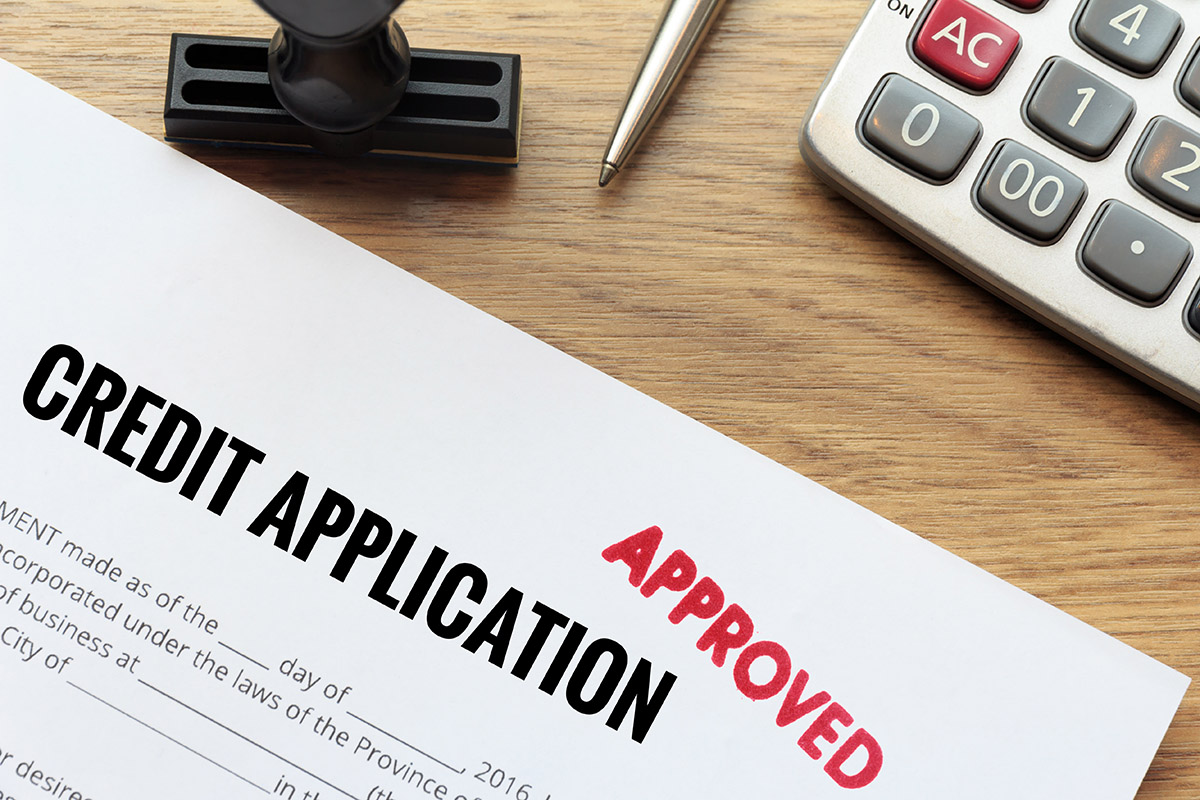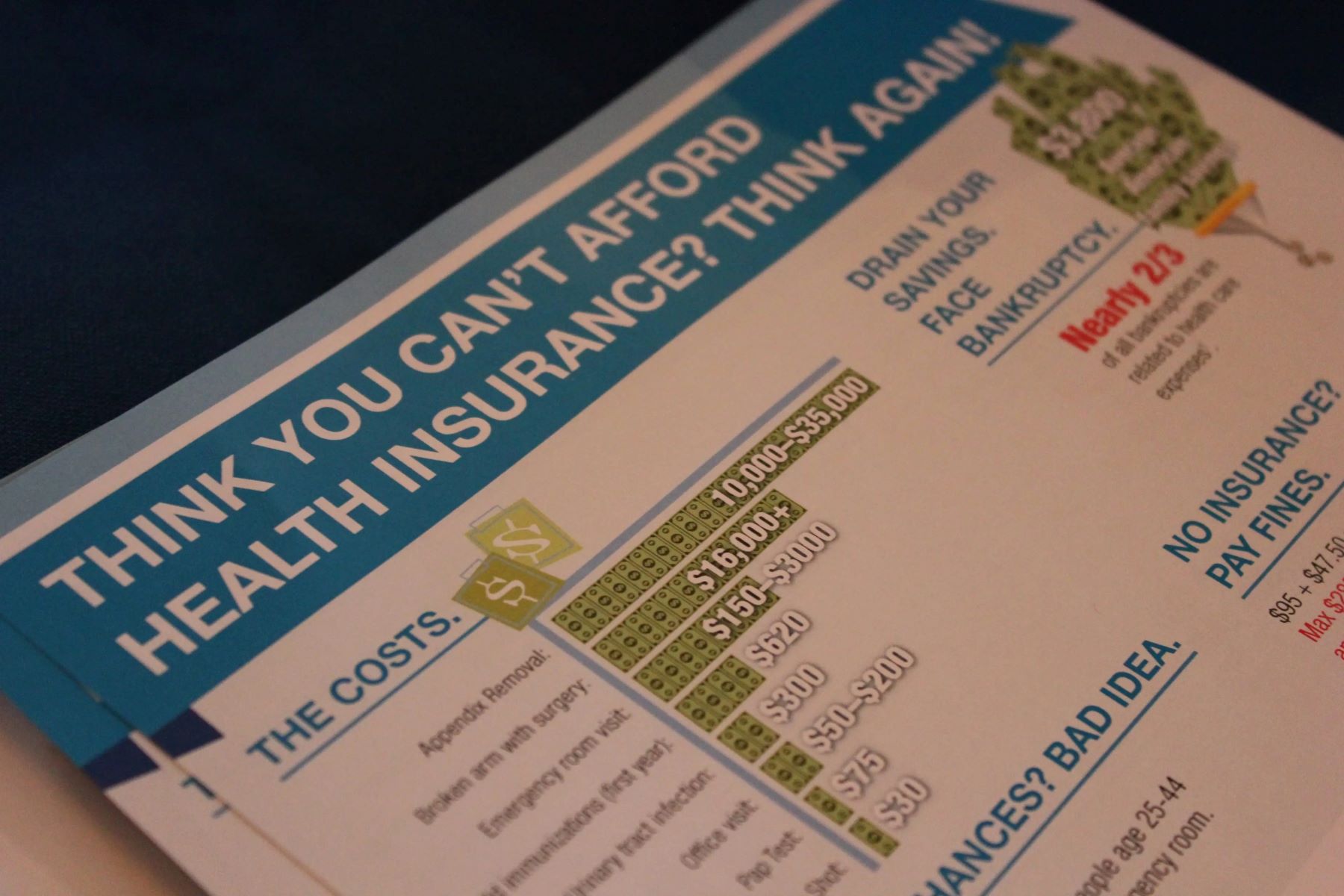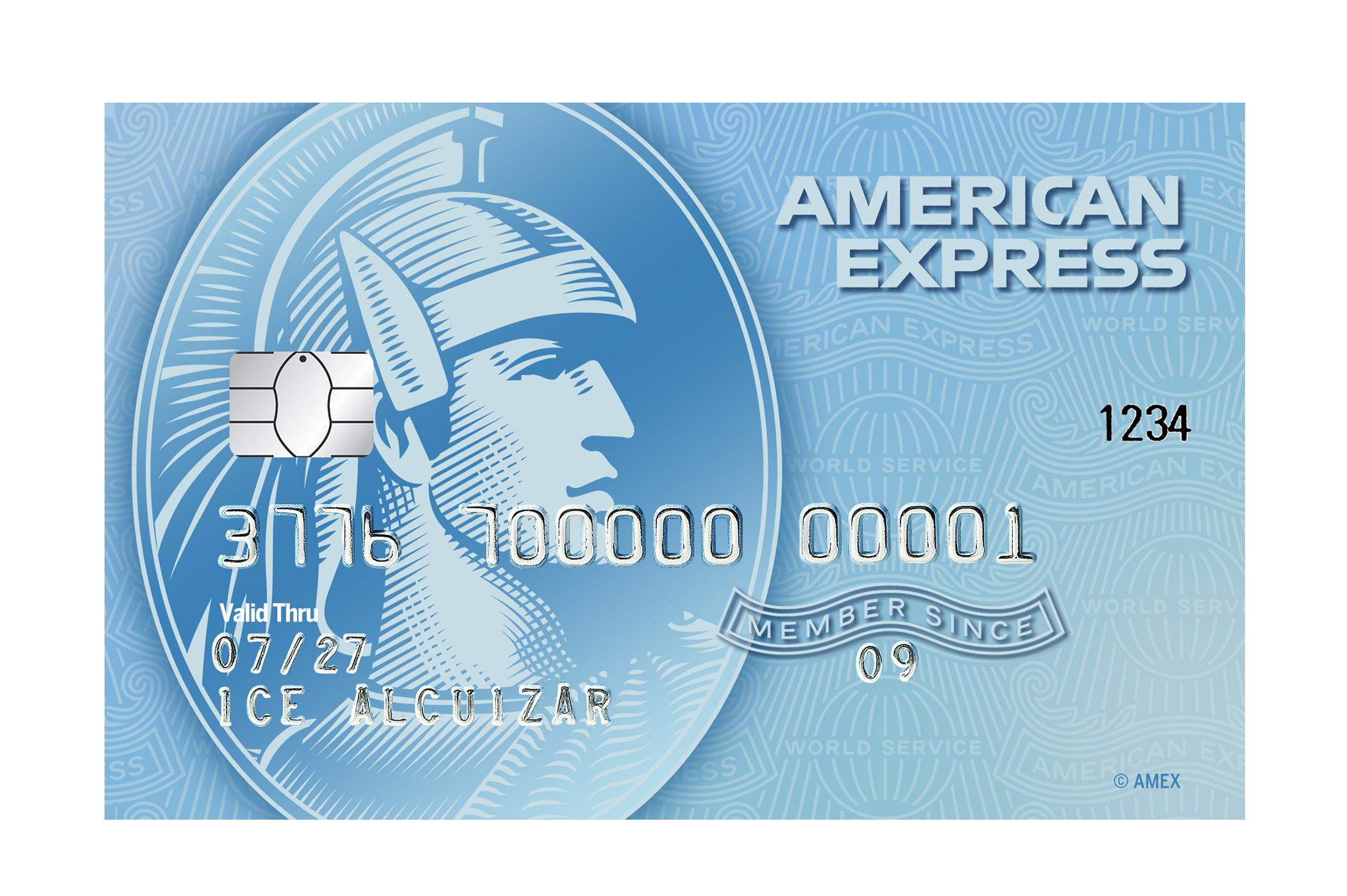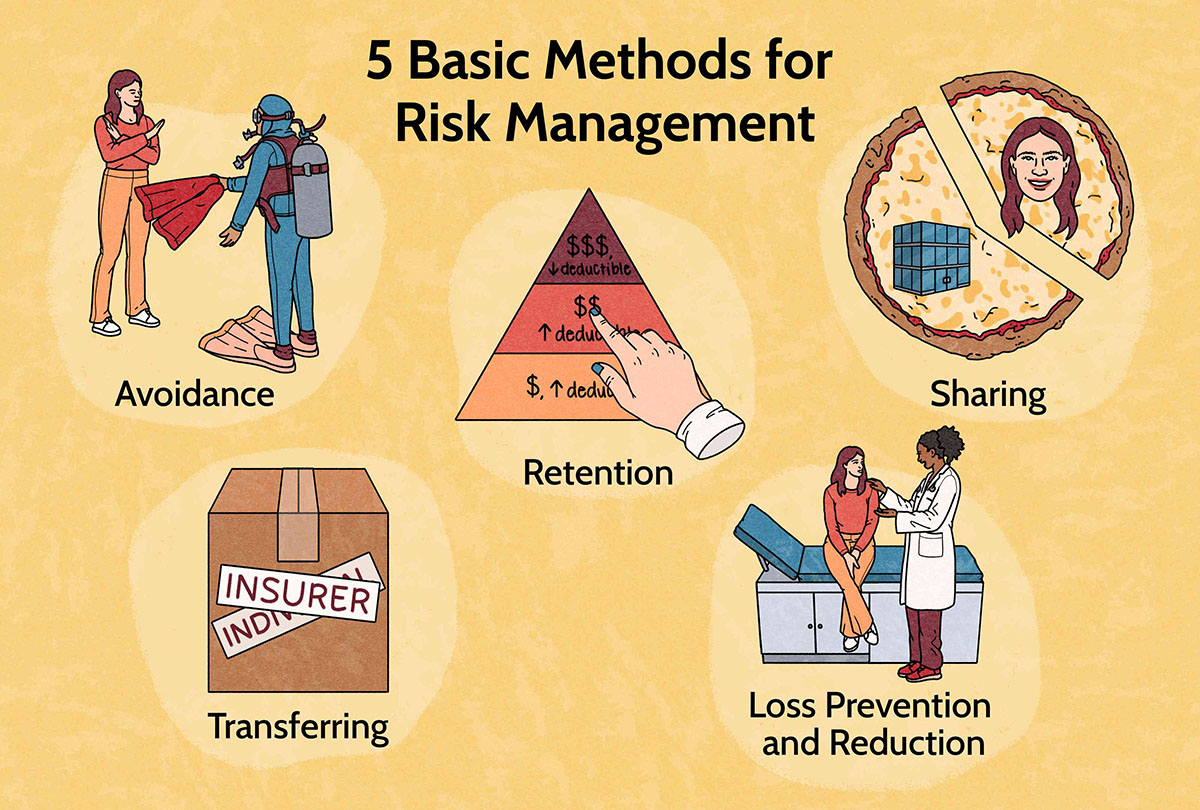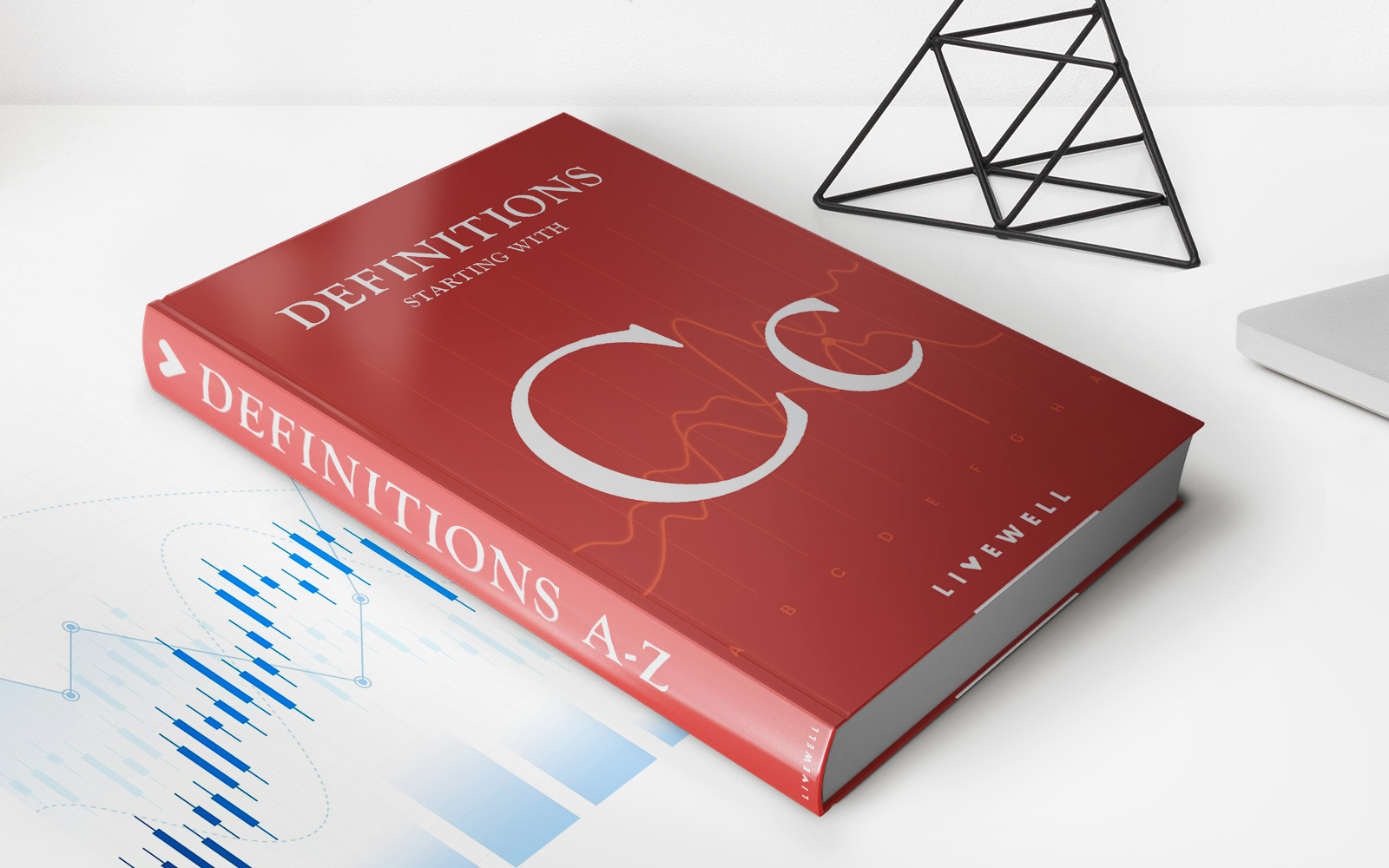Home>Finance>How Much Credit Card Debt Is Ok When Applying For A Mortgage


Finance
How Much Credit Card Debt Is Ok When Applying For A Mortgage
Modified: December 29, 2023
Find out how much credit card debt is acceptable when applying for a mortgage and get expert advice on managing your finances.
(Many of the links in this article redirect to a specific reviewed product. Your purchase of these products through affiliate links helps to generate commission for LiveWell, at no extra cost. Learn more)
Table of Contents
Introduction
When it comes to applying for a mortgage, one crucial aspect that lenders consider is your creditworthiness. Your credit history plays a significant role in determining whether or not you qualify for a mortgage and the terms you are offered.
Among the factors that lenders assess is your credit card debt. High credit card balances can impact your credit score and debt-to-income ratio, which are essential metrics in the mortgage approval process. So, how much credit card debt is okay when applying for a mortgage?
In this article, we will delve into the relationship between credit card debt and mortgage applications. We will explore the factors that influence mortgage approval, such as credit utilization ratio and debt-to-income ratio. Additionally, we will provide recommended credit card debt limits for a smoother mortgage application process.
Furthermore, we will share strategies for reducing credit card debt to improve your chances of securing favorable mortgage terms. By implementing these strategies, you can improve your credit profile and financial stability while working towards your dream of homeownership.
Understanding the impact of credit card debt on mortgage applications and taking steps to manage it effectively is crucial to ensure a successful mortgage approval process. So, let’s dive into the details and equip ourselves with the knowledge needed to make informed decisions regarding credit card debt and mortgage applications.
Understanding Credit Card Debt and Mortgage Applications
When you apply for a mortgage, lenders carefully evaluate your financial profile to determine your creditworthiness and whether you can handle the added financial responsibility of a home loan. One significant factor they consider is your credit card debt.
Credit card debt refers to the balances you owe on your credit cards. It is the result of borrowing money from your card issuers and not paying off the full balance each month. This accumulated debt can impact your credit score and overall financial health, making it important to understand its implications when applying for a mortgage.
Mortgage lenders analyze your credit card debt to assess your financial stability and your ability to manage your debt obligations responsibly. They look closely at your credit history, including the amount of outstanding debt you have on your credit cards and the percentage of your available credit that you are currently utilizing.
High credit card balances can negatively affect your credit score. If your utilization rate is high, it suggests that you may be relying too heavily on credit, which can be seen as a potential risk by lenders. A higher credit card debt might indicate that you have a higher likelihood of falling into financial difficulties and defaulting on your mortgage payments.
It’s crucial to maintain a healthy credit card balance, as it not only impacts your mortgage application but also affects other financial aspects of your life. By understanding the relationship between credit card debt and mortgage applications, you can make more informed decisions about managing your finances and improving your chances of mortgage approval.
Factors that Influence Mortgage Approval
When lenders evaluate your mortgage application, they consider various factors to determine your creditworthiness and assess the risk of lending to you. Understanding these factors can help you prepare and present a strong case for mortgage approval. Here are some key factors that influence mortgage approval:
- Credit Score: Your credit score is a numerical representation of your creditworthiness. Lenders use it to assess the risk of lending to you. A high credit score indicates responsible financial behavior, while a low score may raise concerns for lenders.
- Income and Employment History: Lenders consider your income and employment history to determine your ability to make monthly mortgage payments. They want to ensure that you have a stable source of income and a good employment track record.
- Debt-to-Income (DTI) Ratio: This ratio compares your monthly debt payments to your monthly income. Lenders prefer a lower DTI ratio, as it shows that you have enough income to handle your debt obligations and the additional mortgage payment.
- Down Payment: The amount of money you can put towards a down payment affects your mortgage approval. A larger down payment demonstrates your financial capability and reduces the loan-to-value ratio, making you a lower-risk borrower.
- Type of Mortgage: Different mortgage types have specific criteria and requirements. Factors such as the loan amount, interest rate, and repayment terms vary depending on whether you opt for a conventional loan, FHA loan, or VA loan, among others.
- Property Appraisal: Lenders conduct a property appraisal to determine its market value and ensure it provides sufficient collateral for the mortgage. If the appraised value is significantly lower than the loan amount, it may impact the approval process.
- Credit Card Debt and Credit Utilization Ratio: As mentioned earlier, lenders consider your outstanding credit card debt and credit utilization ratio. Maintaining a moderate balance and a low utilization rate can positively impact your mortgage approval chances.
These factors work together to give lenders a holistic view of your financial situation. It’s important to be aware of these influences and take steps to strengthen your financial position when applying for a mortgage.
Credit Utilization Ratio and Debt-to-Income Ratio
Two crucial metrics that lenders assess when considering your mortgage application are the credit utilization ratio and the debt-to-income (DTI) ratio. These ratios provide insight into your financial health and ability to manage debt responsibly.
The credit utilization ratio is the percentage of your available credit that you are currently using. It is calculated by dividing your credit card balances by your total credit limits. For example, if you have a total credit limit of $10,000 and your current credit card balances add up to $2,000, your credit utilization ratio is 20%.
Lenders prefer to see a lower credit utilization ratio, typically below 30%. A higher ratio may indicate that you are heavily reliant on credit and may be more likely to face financial difficulties in the future. Keeping your credit utilization ratio low shows lenders that you are responsible with credit and can manage your debt effectively.
The debt-to-income ratio compares your monthly debt payments to your gross monthly income. This ratio helps lenders assess your ability to handle additional debt, such as a mortgage payment. It is calculated by dividing your total monthly debt payments by your gross monthly income and multiplying by 100 to get a percentage.
For example, if your monthly debt payments amount to $1,500 and your gross monthly income is $5,000, your debt-to-income ratio is 30% ($1,500 / $5,000 x 100 = 30%). Lenders typically prefer a debt-to-income ratio of 43% or lower, although some loans may have stricter requirements.
It is important to note that lenders consider both the front-end and back-end debt-to-income ratios. The front-end ratio focuses solely on housing expenses, such as mortgage payments, property taxes, and insurance, while the back-end ratio includes all monthly debt obligations, including credit card payments, car loans, and student loans, in addition to housing expenses.
By understanding and managing your credit utilization ratio and debt-to-income ratio, you can improve your chances of mortgage approval. Paying down credit card debt, using credit responsibly, and reducing overall debt can positively impact these ratios and demonstrate your financial stability to lenders.
Recommended Credit Card Debt Limits for Mortgage Applications
When it comes to credit card debt limits for mortgage applications, there is no one-size-fits-all answer. Different lenders have varying criteria and guidelines, and individual circumstances can also play a role. However, there are some general recommendations to keep in mind to improve your chances of mortgage approval.
Firstly, it is important to aim for a low credit card balance. This means keeping your credit card debt as low as possible. Lenders typically prefer to see a credit utilization ratio of 30% or less. If you have multiple credit cards, it’s advisable to distribute the balances across your cards rather than maxing out one or two and leaving others with low balances.
Secondly, it is beneficial to pay down high balances. If you have any credit card balances that are close to or exceeding your credit limits, it’s crucial to focus on paying them down. High balances can significantly impact your credit score and may raise concerns with lenders about your ability to manage additional debt like a mortgage.
Additionally, you should avoid applying for new credit or taking on additional debt leading up to your mortgage application. Opening new credit lines or taking on new loans can increase your debt-to-income ratio and raise concerns for lenders. It’s important to show stability and a responsible credit profile during the mortgage application process.
Furthermore, it is advisable to minimize the number of credit card accounts you have. While having some credit cards can be beneficial for building credit history, having too many can give the impression of being reliant on credit. Consider closing any unnecessary or inactive accounts, but be cautious of closing your oldest accounts as they contribute to the length of your credit history.
Lastly, it’s essential to maintain a consistent payment history and make your credit card payments on time. Consistent on-time payments showcase your ability to manage your debt responsibly and can positively impact your credit score, which in turn improves your chances of mortgage approval.
Overall, it’s wise to keep your credit card debt manageable and show a responsible approach to credit card usage. By following these recommendations, you can demonstrate financial stability to lenders and increase your chances of securing a mortgage with favorable terms.
Strategies for Reducing Credit Card Debt
If you have significant credit card debt and are preparing to apply for a mortgage, it’s essential to take proactive steps to reduce your debt. Here are some effective strategies to help you tackle your credit card debt:
- Create a Budget: Start by examining your income and expenses to create a realistic budget. Allocate a portion of your monthly income specifically for paying down your credit card debt.
- Pay More Than the Minimum: Whenever possible, pay more than the minimum payment required on your credit cards. By making larger payments, you’ll reduce the principal balance faster and save on interest charges.
- Use the Debt Snowball or Avalanche Method: Consider using one of these debt repayment methods. With the snowball method, you focus on paying off the smallest balances first, while the avalanche method prioritizes paying off the highest interest rate balances first.
- Consolidate Credit Card Debt: Explore options for consolidating your credit card debt, such as transferring balances to a card with a lower interest rate or applying for a debt consolidation loan. This can help simplify your payments and potentially reduce overall interest costs.
- Negotiate Lower Interest Rates: Contact your credit card issuers and inquire about the possibility of lowering your interest rates. Some issuers may be willing to negotiate, especially if you have a good payment history.
- Reduce Expenses and Increase Income: Look for ways to cut back on unnecessary expenses and find opportunities to increase your income. Consider selling unused items, taking on a side gig, or requesting a raise at work.
- Avoid New Credit Card Usage: While working on paying down your current credit card debt, it’s wise to avoid using your credit cards for additional purchases. Try to rely on cash or a debit card instead.
- Seek Professional Advice: Consider consulting a credit counseling agency or financial advisor who specializes in debt management. They can provide personalized guidance and support to help you formulate a plan to reduce your credit card debt.
Remember, reducing your credit card debt not only improves your chances of mortgage approval but also contributes to your overall financial well-being. By implementing these strategies, you can take control of your debt and lay a solid foundation for a healthier financial future.
Conclusion
Managing credit card debt is crucial when applying for a mortgage. Lenders carefully scrutinize your credit card balances and debt management practices to assess your creditworthiness and ability to handle a mortgage payment. By understanding the relationship between credit card debt and mortgage applications, you can take the necessary steps to improve your chances of approval and secure more favorable mortgage terms.
Throughout this article, we have discussed the factors that influence mortgage approval, including credit utilization ratio, debt-to-income ratio, and credit history. We have also provided recommended credit card debt limits to adhere to when applying for a mortgage.
Additionally, we have outlined effective strategies for reducing credit card debt. These strategies include creating a budget, paying more than the minimum payment, using debt repayment methods, consolidating debt, negotiating interest rates, reducing expenses and increasing income, avoiding new credit card usage, and seeking professional advice when needed.
Remember, reducing credit card debt not only improves your chances of mortgage approval but also contributes to your overall financial well-being. By responsibly managing your credit card debt, you can improve your credit score, lower your debt-to-income ratio, and demonstrate financial stability to lenders.
Ultimately, when applying for a mortgage, it’s essential to present a strong financial profile. By keeping credit card debt within recommended limits and implementing strategies to reduce debt, you are setting yourself up for success and increasing your chances of securing the mortgage you desire.
Take the necessary steps today to manage your credit card debt effectively, and embark on your journey towards homeownership with confidence and financial stability.

